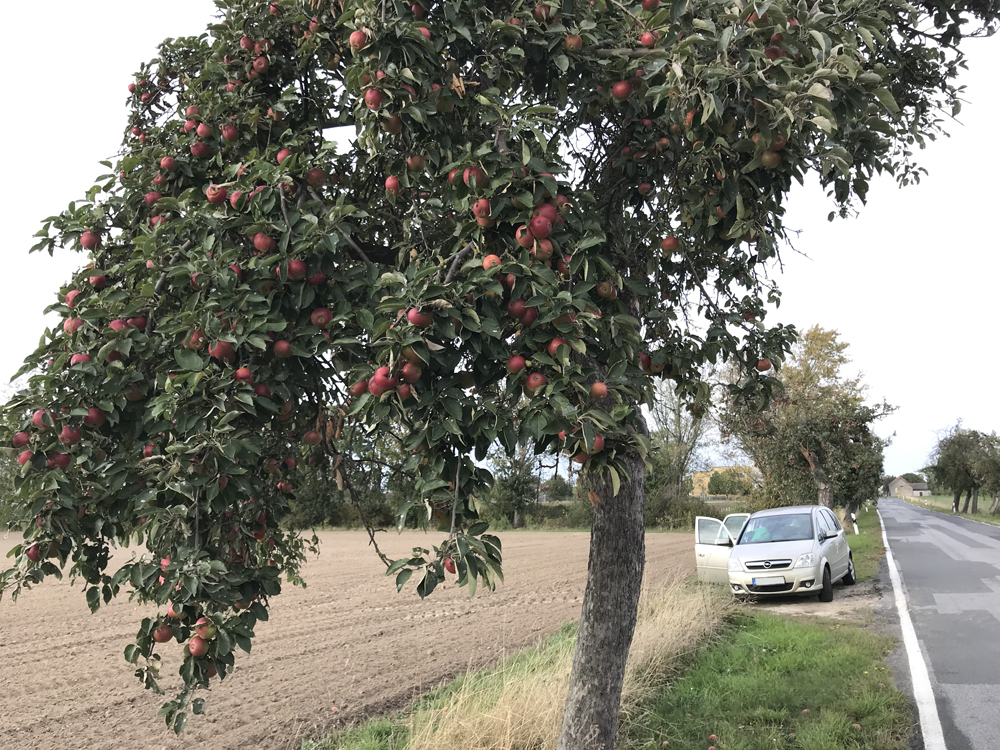It never goes away
"You have to be in peace with it at some point." Or: "You have to look ahead." Or: "You should reconcile yourself with it." Or: "You should make peace with it and calm down." — I have heard this several times now, after people around me heard that I am writing a book about what adoption and foster care did to others and me.
These sayings actually sound pretty good, don’t they? "To reconcile" and "to make peace" - what can you say against it? Quite a few things, I’d say. More precisely, three.
First of all: I simply assume that the people who have said something like this to me have the best intentions (although I can’t help feeling that for some it is also important to be left alone with this topic, I will come back to that at the end).
But what they cannot or do not want to see: that adoption has shaped me for my entire life and — as much as I have reconciled myself with it — always presents me with delicate situations. And that brings me to the first point.
Continue to struggle with the consequences
It is like a carpenter or a non-carpenter who has lost one finger. He does not think about it every second, but in between he becomes painfully aware of the fact that the finger is missing. He could reconcile himself to the fact that the finger has been amputated, he could pretend to have the finger. He could also pretend that he doesn’t mind. But still: Sometimes the absence of this finger will limit him.
It’s the same with me. I could pretend I wasn’t adopted. I could even pretend that I don’t mind (I’ve done both long enough.) I could even reconcile myself with it (I think I have done that, too.) But the consequences remain. I have two families. And this repeatedly confronts me with loyalty conflicts: I remain torn between my two families. And I will be addressed until the end of my life for the fact that I look different from my parents and brothers. Just to mention two implications of adoption. These and some other things don’t just disappear because I’ve reconciled myself to it. The finger is lost, and I stay adopted.
Continue to struggle with the emotional consequences
Now, let’s go to the second point: I could reconcile myself with my life story, but it has shaped me and I have to deal with it. We are all shaped by our life story. We all bring a “backpack“ from our childhood and our previous relationships into new relationships (I learned that in marriage therapy).
I think it’s important to know what the adoption did to me. I think it’s just as important that my people know what the adoption has done to me (What exactly, I’m not telling here. But you can read about it in my book soon.) This can help us a lot to get along with each other.
Dealing with it in order to be able to reconcile with it
I come to the third point: one can only reconcile oneself with something one has previously mourned, about which one was previously angry and sad. If you don’t allow yourself to do that, then you can’t really reconcile yourself with it. It’s like forgiveness: you can’t forgive something that leaves you cold, because then you wouldn’t have to forgive.
Strangely enough, even the people who have never heard me talking about my adoption, say I should “finally“ reconcile myself with it. I can’t help but interpret it as saying that they basically forbid me to talk about it. I could understand if I had confronted them with this subject for years. If I’d gotten on their nerves over and over again and talked about nothing else. That’s exactly what I (and most of us) just didn’t do.
Hey guys, I’m just starting to talk about it! If for some reason you don’t want this, tell me! But please do not use the above-mentioned sentences; I feel judged and condemned by these sentences. And I certainly don’t feel understood.
I could handle it much better if you’d say that it hurts you to be confronted with this subject. Or that it’s not good for you.
Yes, I consider it helpful to reconcile with my life story. I have done it and I want to continue doing it. However, this does not prevent me from telling my life story.
I almost forgot to say that the sentences quoted above are only a small part of the reactions I get. The much larger part showed great interest. Like you, obviously. That makes me feel good!
Write a comment
Comments
No comments are available for this article at the moment.Top articles




